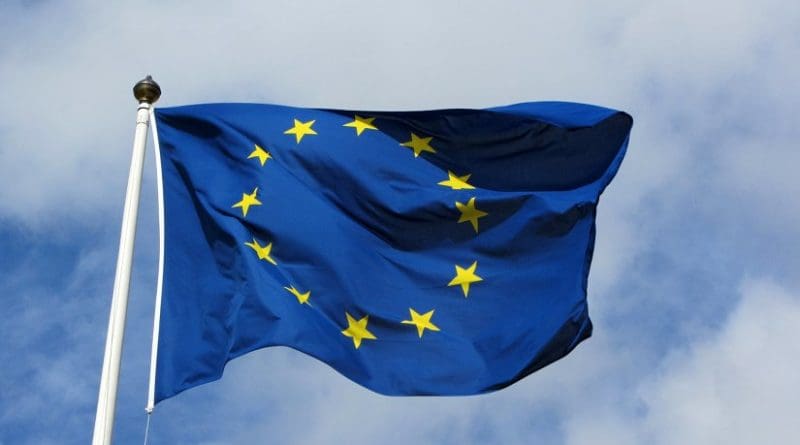The Future Of Europe – OpEd
The stories told and the maps shown in the classrooms of the future are going to be decided in the outcome of the current crises that envelop our European fraternity. From military threats in the east to the refugee flows and open warfare on our streets as the result of two and a half decades of unhinged unilateral neo-imperialist policy on the part of the United States; Europe stands at a crossroads. The actions that we take in the coming months can turn back the clock back into an age of conflict and separation, or into an era of, however cliché it may sound, unity and strength.
Though crisis may strain our faith in the establishment, it is only through crisis that true progress can be achieved. However, accomplishing this requires a leadership that not only inspires, but actively capitalises on these challenges for a greater realpolitikal goal. Many would argue that Merkel has the leadership required to steer the union into a political federation. Yet, if this were the case, by now we should have seen far more aggressive moves towards achieving that dream.
During the recent annexation of the Crimean peninsula, Europe had a great opportunity to bolster its union. Though, according to some, direct support of the Ukranian government may not be the ‘correct’ thing to do, using the crisis as a catalyst for the rapid creation of a European Armed Forces, through campaigns to gain popular support, would have been the most profitable outcome for Europe as whole. Junker may have called for the creation of a European Army, and we may be on that path now, but it was too little too late, at least within the context of the Crimean situation. Instead, we find ourselves in an uncomfortable powerplay between the British and the Germans in the midst of a different crisis that weakens the position of the federalists. Europe must learn to mobilise support, enlighten its citizens and strengthen its democratic processes in order to most effectively force legislation through that will fortify the creation of a political union.
We may find ourselves in the rising tide of right-wing, conservative and reactionary movements across the continent, electing leaders that are openly against this child of ours which has brought us closer together than ever before, but true leadership is about convincing people of a vision, a better world, not heeding the not yet formed opinions of the electorate. The Polish may now seem to be opposed to a strong Europe, but had the establishment seized the opportunity in the early months of 2014, to convince their people and their representatives that the forces of Europe should combine under one command, for our safety, the support would most likely have been guaranteed.
The more immediate crises may seem like the greatest threat to European political integration ever to face us, but really, they are the greatest opportunity for the furtherance of the federalist dream in the early 21st century. Handled inappropriately, the cost could be the very integrity of the project itself. Handled appropriately, with a vision in mind, at a decisive tempo, reaching out to the citizens, anything is possible. A European intelligence service, one united border patrol, the creation of the European Armed Forces, a common migration institution, a federal fiscal policy to fund these; that is how we must act and spin the story, not by inaction and closed borders. Like an explosion, one does not need to wait for chaos to settle down, one can steer it and much like a rocket, propel oneself with its force.
By aiming at the grassroots, we can force their representatives to change their minds; we can implement an agenda which will finally allow Europe reach its full, independent, potential. See the challenges that stand before us not as a catalyst for reactionary forces, but as an opportunity for change, change that combined with strong leadership, can be used to shape history for the better.

